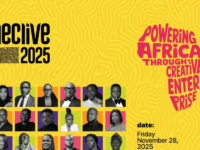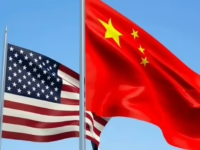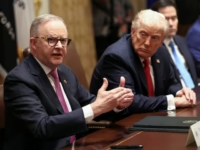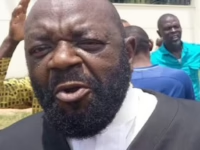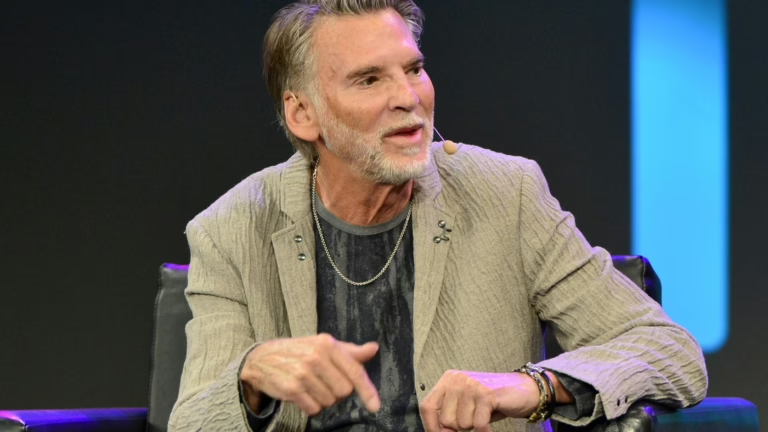Kenny Loggins, the singer-songwriter, addressing the audience at the NAMM (National Association of Music Merchants) event held in Anaheim, California, June 2022.
Jerod Harris/Getty Images North America
hide caption
toggle caption
Jerod Harris/Getty Images North America
Renowned singer-songwriter Kenny Loggins has formally requested that President Trump remove the audio of his iconic track from a controversial AI-generated video that Trump shared on his Truth Social platform Saturday night.
The digitally fabricated clip depicts Trump, adorned with a crown, piloting a fighter jet labeled “KING TRUMP.” The soundtrack features Loggins performing “Danger Zone,” the famous song from the 1986 film Top Gun. In the video, the jet releases a dark, sludge-like substance over demonstrators waving American flags and holding protest signs, seemingly set in New York City’s Times Square.
This video appears to be a direct response to the nationwide “No Kings” protests that unfolded on the same day. Additionally, the official White House Twitter account posted a doctored image of Trump and Vice President JD Vance both wearing crowns that evening.
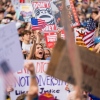
In a statement provided to NPR on Monday morning, Loggins expressed his disapproval: “My performance of ‘Danger Zone’ has been used without my consent. No one reached out to me for permission, which I would have declined, and I demand that my recording be removed from this video immediately.” (The song “Danger Zone” was composed by Giorgio Moroder and Tom Whitlock, with Loggins as the performing artist.)
He further emphasized, “I find it troubling that my music is being linked to content designed solely to sow division. Our country faces enough challenges without being torn apart. We are all Americans, united by patriotism. The narrative of ‘us versus them’ is false and harmful. Music should serve as a bridge that brings us together, celebrating our shared identity.”
Historically, many musicians have voiced objections when political figures, including the current president, use their songs to convey political messages. While such usage is typically lawful provided that rights holders receive proper compensation, artists retain the exclusive right to prohibit their music’s use in campaign advertisements. Despite this, numerous artists publicly denounce unauthorized uses to clarify their position to the public.
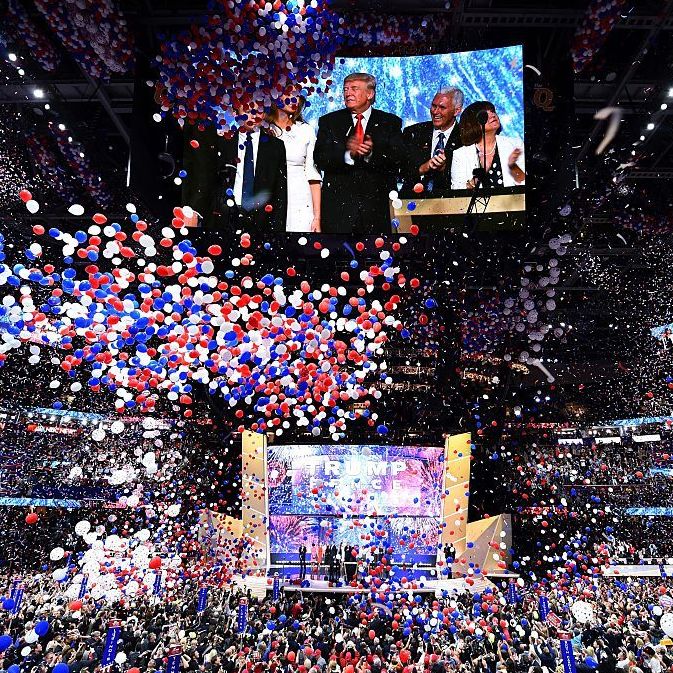
NPR sought a comment from the White House regarding Loggins’ demand to remove his music from the AI video. Instead of addressing the request directly, White House spokesperson Davis R. Ingle responded by sending an image from Top Gun featuring Tom Cruise and the late Val Kilmer, captioned: “I FEEL THE NEED FOR SPEED.”
Several artists and their estates, including the White Stripes and Isaac Hayes’ estate, have initiated legal action against Trump, accusing him of copyright violations. The White Stripes withdrew their lawsuit in November 2024, while the case involving Hayes’ estate-filed against Trump, his reelection campaign, and the activist group Turning Point Action-continues to progress through federal court in Atlanta.











